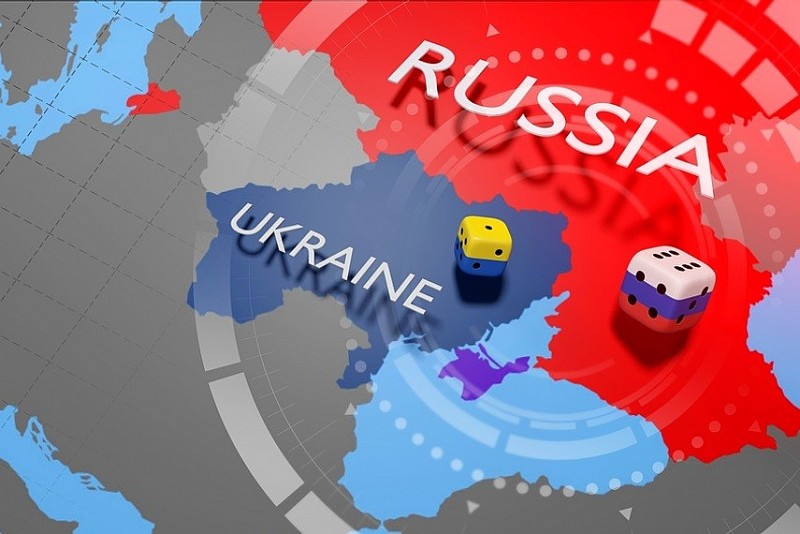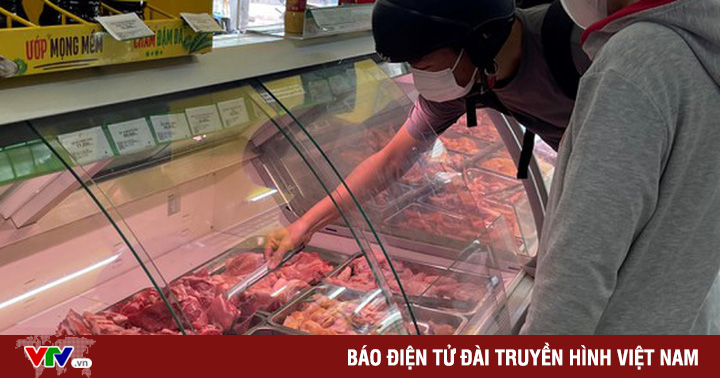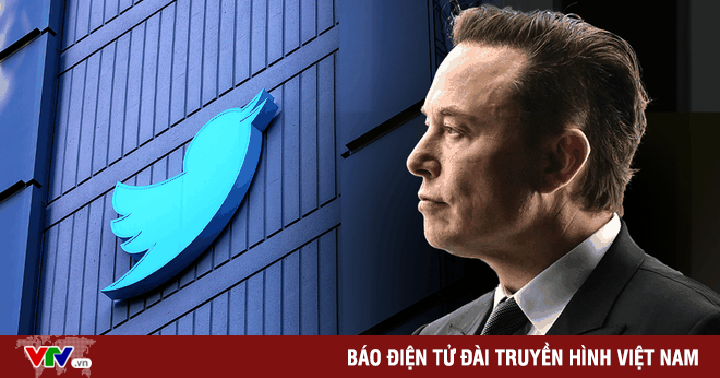Will Russia deepen economic integration with Asia to deal with the West?
Since Russian President Vladimir Putin launched a special military operation in Ukraine on February 24, Western countries and their allies have imposed an unprecedented series of sanctions against Moscow.
Several major Russian banks have been removed from the Belgium-based System of Global Payments (SWIFT). Transactions with Russia’s Central Bank have been banned by the United States, United Kingdom and European Union (EU), leaving Russia unable to use most of its $640 billion worth of foreign exchange reserves.
Blockades and asset confiscations carried out against high-ranking members of Russia’s political and economic elite; Russian planes are denied entry into all European and North American airspace.
In addition, an unofficial boycott of Russia has resulted in the suspension of more than 300 international businesses in the country, including major brands such as Apple, Disney, Zara, Visa, IKEA and Coca-Cola.
In just a few weeks, the Russian ruble has lost about 40% of its value against the dollar. The economic war is designed to isolate President Putin’s government and end the Russian campaign.
 |
| Having received a ‘punitive blow’ from the West due to a special military campaign in Ukraine, Russia is turning to Asia to increase the support for the domestic economy. (Source: Asian Investor) |
Europe’s difficult situation
Europe is heavily dependent on Russian energy. It provides 40% of the EU’s natural gas imports, 46% of coal and 27% of the EU’s oil imports. Russia is also the world’s largest wheat exporter, top fertilizer producer and possesses large mineral reserves.
Sanctions and boycotts against Russia should therefore perhaps be called a financial war. Although such administrative and accounting moves can certainly cause significant difficulties in the short and medium term, these measures cannot change the fact that Russia possesses the natural resources. valuable and useful nature.
In the context of the United States, with its energy independence advantage, pushing for energy sanctions, Germany finds itself in an increasingly difficult position.
For decades, Germany’s political and business circles have made a massive transition from dependence on fossil fuels and nuclear power to wind, solar and biofuels.
This energy transition has always been an ambitious strategy, but is not built on solid foundations for Germany, Europe’s leading industrial and manufacturing power.
Heavy industry requires an abundant and stable source of energy – which photovoltaic panels can theoretically provide but not in overcast and cloudy Germany.
With nuclear power plants now almost completely closed, Germany’s energy transition has resulted in a dependence on Russian energy significantly higher than the EU average, with 55% of its gas imports. natural combustion coming from Russia in 2020.
Will this reality change? In the face of escalating tensions in Ukraine, the German government left open the possibility of delaying the closure of some remaining nuclear plants, before deciding against this and emphasizing plans to increase gas imports. liquefied natural gas (LNG) and renewable energy development.
While the US announced plans to ban Russian energy imports immediately, Europe’s new plans to reduce energy imports from Russia, though less ambitious on paper, will be more difficult to achieve.
What is preventing European countries from completely cutting energy imports from Russia is their unwillingness to pay the cost of higher energy import prices, such as LNG imports from the US, Middle East, Africa, etc. or continue to subsidize the construction and operation of renewable energy facilities.
While Russia is Europe’s largest energy supplier, the continent is Moscow’s largest trading partner. This complete loss of the trade relationship would have more negative effects on Russia’s economy and state assets than the current financial sanctions.
What has not been widely considered, however, is the possibility that Russia would welcome the outcome. If Moscow is betting on economic secession from Europe, including energy, sanctions will help Russia implement this strategy.
Will Russia replace Europe with Asia?
Indeed, President Putin’s government has plans to retaliate with economic warfare of its own.
Moscow has prepared a list of “unfriendly” countries to ban natural resource exports, and threatened to shut down gas to Germany through the Nord Stream 1 pipeline in retaliation for Berlin’s suspension of certification. Nord Stream 2 project.
Perhaps these moves can be seen as symbolic responses, but they could fit into a broader strategy of replacing Europe with Asia as Russia’s key customer. for natural resources.
Moscow has been investing heavily in development and infrastructure in the Arctic and sub-Arctic regions, which produce the majority of fossil fuels and a significant portion of valuable minerals.
The Russian government has gone so far as to plan a “Northern Sea Route” to Asia along Russia’s vast Arctic coast, often considered too cold and dangerous for maritime shipping. often.
Such a route could prove of geopolitical importance, even if they have no economic value, in the event that Russian ships are denied access to Western ports, as Britain did.
To this end, Russia has also revived its fleet of nuclear-powered icebreakers and built the world’s first floating nuclear power station to supply electricity to remote regions of Siberia, with many Another is under construction.
Russia has depended on natural resource exports. That won’t change. But in the coming decades, the European economies will not be the one with the greatest demand for energy and minerals.
Instead, China’s burgeoning industrialized economy, along with the industrializing economies of India and other Asian and African countries, will be the main growth markets for these countries. Russia’s natural resources.
Neither China, India, Indonesia, the Gulf states, many countries in Africa and Latin America have chosen to sanction Russia after it carried out its military campaign in Ukraine. That said, today’s economic decoupling could also have unintended consequences for Europe.
at Blogtuan.info – Source: baoquocte.vn – Read the original article here



